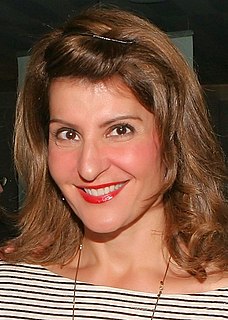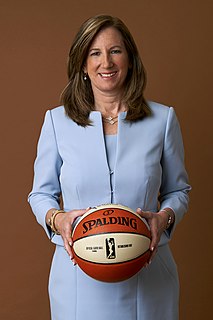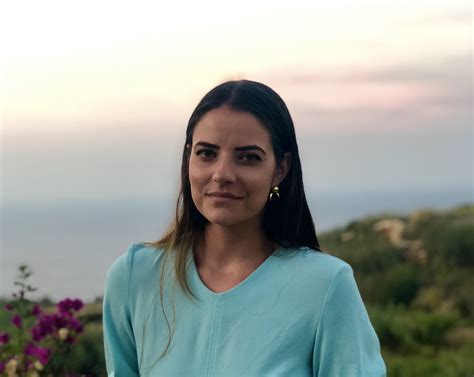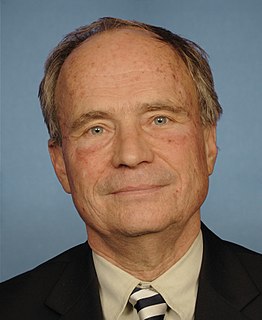A Quote by Michele Bachmann
Many children in the foster care system are often in the midst of a family challenge. Marcus, my husband and I sought to assist families during difficult times. We aren't perfect people, nor are we a perfect family, but these children didn't expect us to be either. They needed a loving home and care, and we tried our best every single day.
Quote Topics
Assist
Best
Best Ever
Care
Challenge
Children
Day
Difficult
Difficult Time
Difficult Times
Either
Every
Every Single Day
Expect
Families
Family
Foster
Foster Care
Home
Husband
Loving
Loving Home
Many
Midst
My Husband
Needed
Nor
Often
Our
People
Perfect
Perfect Family
Perfect People
Single
Single Day
Sought
System
Times
Tried
Us
Related Quotes
Becoming a mother is the best thing that has ever happened to me, I am happy to once again be a part of National Adoption Day. We were matched with our daughter through the U.S. foster care system, and my goal is to share information about the more than 120,000 foster care children in this country who are waiting for a family.
The perfect family doesn't exist, nor is there a perfect husband or a perfect wife, and let's not talk about the perfect mother-in-law! It's just us sinners. A healthy family life requires frequent use of three phrases: "May I? Thank you, and I'm sorry" and "never, never, never end the day without making peace."
The most important difference between these early American families and our own is that early families constituted economic unitsin which all members, from young children on up, played important productive roles within the household. The prosperity of the whole family depended on how well husband, wife, and children could manage and cultivate the land. Children were essential to this family enterprise from age six or so until their twenties, when they left home.
In the United States, the average is two children per family, while in Africa it is five children per family. On the surface, the statistic seems to indicate that Africans are having way too many kids and are taxing the Earth's resources, while American kids are born into families who are able to take care of them. However, the average American child consumes roughly the same resources as fifteen African children. So when an American family says they only have two children, they are actually consuming the resources of an African family of thirty children!
Contrary to popular opinion, the most important characteristic of a godly mother is not her relationship with her children. It is her love for her husband. The love between husband and wife is the real key to a thriving family. A healthy home environment cannot be built exclusively on the parents' love for their children. The properly situated family has marriage at the center; families shouldn't revolve around the children.
where families suffer from disasters that are preventable, this is a measure of a whole nation's neglect. A society imperils its own future when, out of negligence or contempt, it overlooks the need of children to be reared in a family ... or when, in the midst of plenty, some families cannot give their children adequate food and shelter, safe activity and rest, and an opportunity to grow into full adulthood as people who can care for and cherish other human beings like themselves.
17,000 children starve on this planet every single day. That fact alone should blow any conscious person out of their chair. You know, my mother used to say that a woman’s most important job is taking care of her children and her home. I laughed at that when I was younger, but I don’t laugh at it anymore. I just realize now that every child on the planet is one of our children, and the earth itself is our home.
Crisis or transition of any kind reminds us of what matters most. In the routine of life, we often take our families-our parents and children and siblings-for granted. But in times of danger and need and change, there is no question that what we care about most is our families! It will be even more so when we leave this life and enter into the spirit world. Surely the first people we will seek to find there will be father, mother, spouse, children, and siblings.
Even in New York City, we've seen some major improvements from the way the system was 20 years ago. There's still a lot to do - we know that training workers and parents, reducing caseload size, developing therapeutic foster care, strengthening kinship care, and putting more emphasis into preventive care are all solutions. Unfortunately, if a child is in a situation where removal from the home becomes neccessary, there's already been trauma. Putting a traumatized child into a "system," not a home, with strangers is creating a perfect storm for further trauma.

































